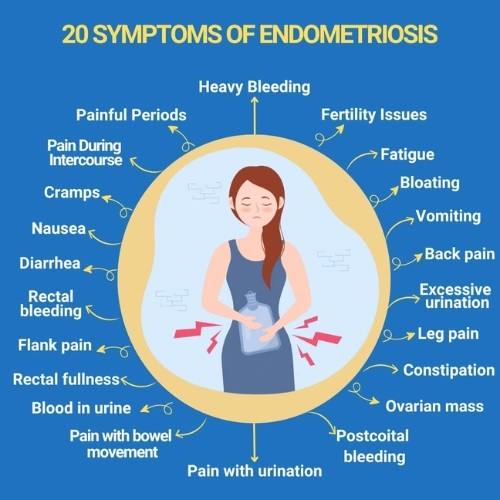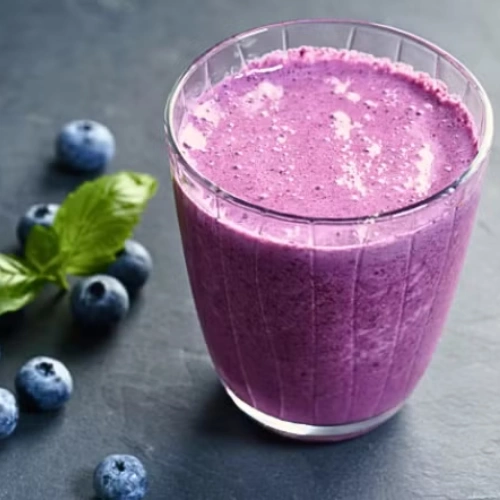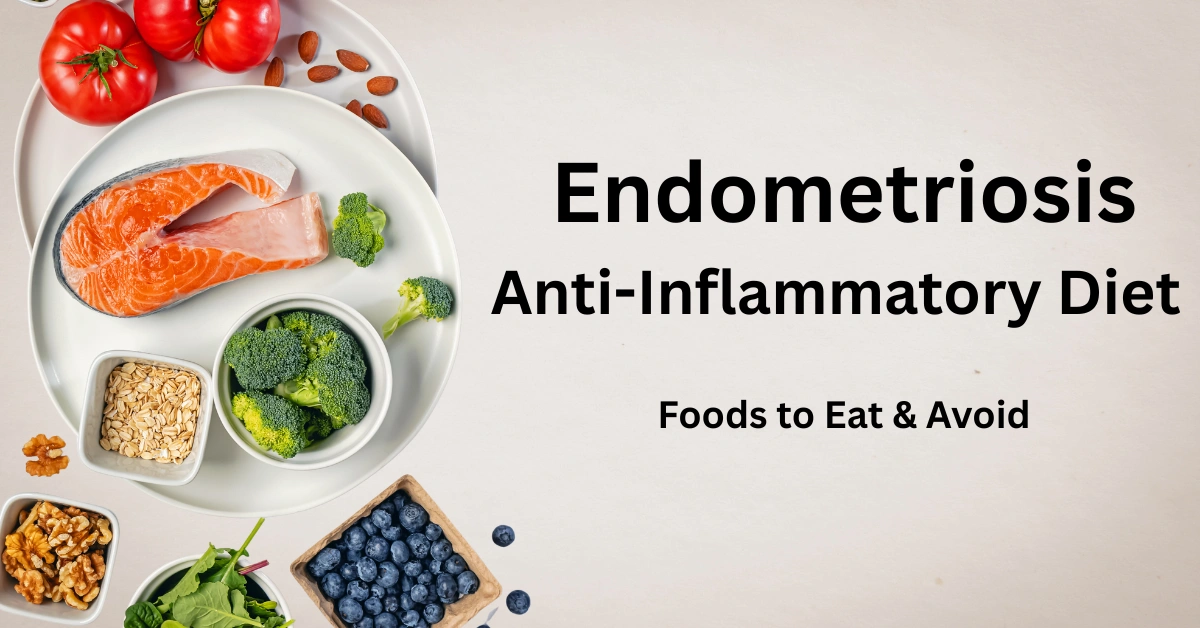Endometriosis is a chronic and often painful condition where tissue similar to the uterine lining grows outside the uterus, commonly affecting the ovaries, fallopian tubes, and pelvic lining. It impacts an estimated 1 in 10 women worldwide, particularly during their reproductive years. Symptoms can range from intense menstrual cramps and fatigue to digestive issues and infertility. While medical treatments like hormonal therapy, pain relievers, and surgical interventions are often used to manage endometriosis, they don’t always offer complete relief or long-term solutions.
But here’s the good news: your diet can play a powerful role in managing inflammation, reducing pain, and improving overall well-being. An anti-inflammatory diet isn’t a cure, but it can significantly ease symptoms and support hormonal balance, digestion, and immune health.

Image credits: iCarebetter
What Is an Anti-Inflammatory Diet?
An anti-inflammatory diet focuses on eating foods that naturally reduce inflammation while avoiding those that trigger or worsen it. It includes plenty of whole, plant-based foods, omega-3-rich fats, antioxidants, and fiber, while cutting down on processed, sugary, and high-fat items that promote inflammation. This approach is constructive for conditions like endometriosis, where inflammation is a key driver of pain and progression.
Foods to Eat vs. Avoid for Endometriosis Relief
| Eat This | Avoid This |
|---|---|
| Leafy greens (spinach, kale) (rich in antioxidants) | Processed meats (contain preservatives that trigger flare-ups) |
| Berries (blueberries, raspberries) (anti-inflammatory polyphenols) | Refined carbs (white bread, pastries) (cause blood sugar spikes) |
| Fatty fish (salmon, sardines) (omega-3s reduce pain) | Dairy products (can raise estrogen levels in some women) |
| Turmeric (curcumin is a powerful anti-inflammatory) | Caffeine (may worsen cramps and affect estrogen metabolism) |
| Olive oil (healthy fats support hormone balance) | Fried foods (high in inflammatory trans fats) |
| Avocados (anti-inflammatory monounsaturated fats) | Excess sugar (feeds inflammation) |
| Nuts & seeds (walnuts, flaxseed) (omega-3s and fiber) | Alcohol can trigger hormone imbalances and inflammation. |
| Whole grains (quinoa, oats, brown rice) (fiber helps estrogen removal) | Soy (non-organic) (contains phytoestrogens that may interfere with hormones) |
| Cruciferous vegetables (broccoli, cauliflower) (support estrogen detox) | Red meat (esp. processed) (linked to increased inflammation) |
| Herbal teas (chamomile, ginger) (calming and pain-relieving) | Artificial additives and preservatives (increase gut irritation) |
If you want to see more options, get our free PDF with home remedies and products with detailed guidelines:
→→→ GET FREE PDF ←←←
Anti-Inflammatory Smoothie Recipe

Ingredients:
- 1 frozen banana
- ½ cup unsweetened almond milk
- ½ cup blueberries (fresh or frozen)
- 1 tsp turmeric powder
- 1 tbsp flaxseed meal
- 1 handful of baby spinach
- ½ avocado
- Optional: ½ tsp cinnamon (for blood sugar balance)
How to Make:
Blend all ingredients until smooth and creamy. Pour into a bowl and top with chia seeds, sliced almonds, and fresh berries.
Why it works:
This bowl is packed with antioxidants, omega-3s, fiber, and anti-inflammatory compounds that help soothe endometriosis flare-ups and support hormone regulation.

